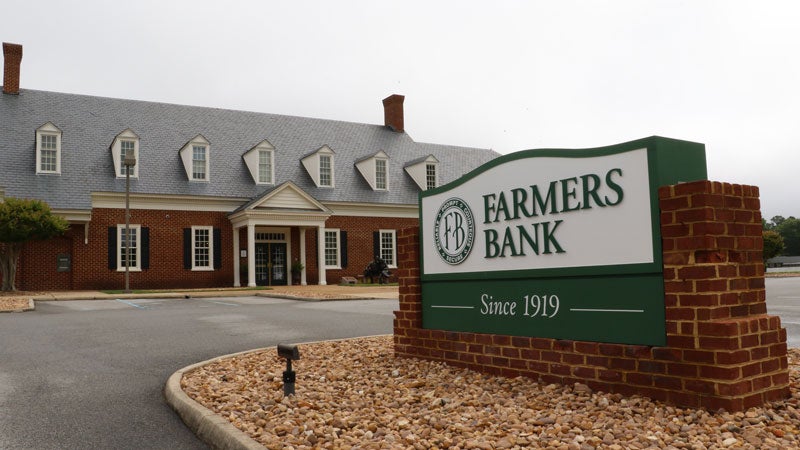Certain uncertainties in retirement
Published 10:09 pm Thursday, February 14, 2019
By Mark McGahee
The financial uncertainties we face in retirement may risk reducing our sense of confidence, potentially undermining our outlook during those years.
Indeed, according to the 2018 Retirement Confidence Survey by the Employee Benefits Research Institute, only 17 percent of pre-retirees said they are “very confident” about having enough assets to live comfortably in retirement. In addition, just 32 percent of retirees were “very confident” in their prospects for doing so.
Today, retirees face two overarching uncertainties. While each one can lead even the best-laid strategies awry, it is important to remember that remaining flexible and responsive to changes in the financial landscape may help you meet the challenges posed by uncertainty in the years ahead.
An Uncertain Tax Structure
A mounting national debt and the growing liabilities of Social Security and Medicare are straining federal finances. How these challenges will be resolved remains unknown, but higher taxes — along with means-testing for Social Security and Medicare — are obvious possibilities for policymakers.
Whatever tax rates may be in the future, taxes can be a drag on your savings and may adversely impact your retirement security. Moreover, any reduction of Social Security or Medicare benefits has the potential to increase financial strain during your retirement.
Consequently, you will need to be ever mindful of a changing tax landscape and strategies to manage the impact of whatever changes occur.
Market Uncertainty
If you know someone who retired (or wanted to retire) in 2008, you know what market uncertainty can do to a retirement blueprint.
The uncertainties have not gone away. Are we at the cusp of a bond market bubble bursting? Will the eurozone find its footing? Will U.S. debt be a drag on our economic vitality?
Over a 30-year period, uncertainties may evaporate or resolve themselves, but new ones may also emerge. Solutions for one set of financial or economic circumstances may not be appropriate for a new set of circumstances.
Scottish philosopher Thomas Carlyle said, “He who could foresee affairs three days in advance would be rich for thousands of years.” Preparing for uncertainties is less about knowing what the future holds as it is being able to respond to changes as they unfold.
Mark McGahee can be reached at 539-9465 or mmcgahee@isgva.com.






